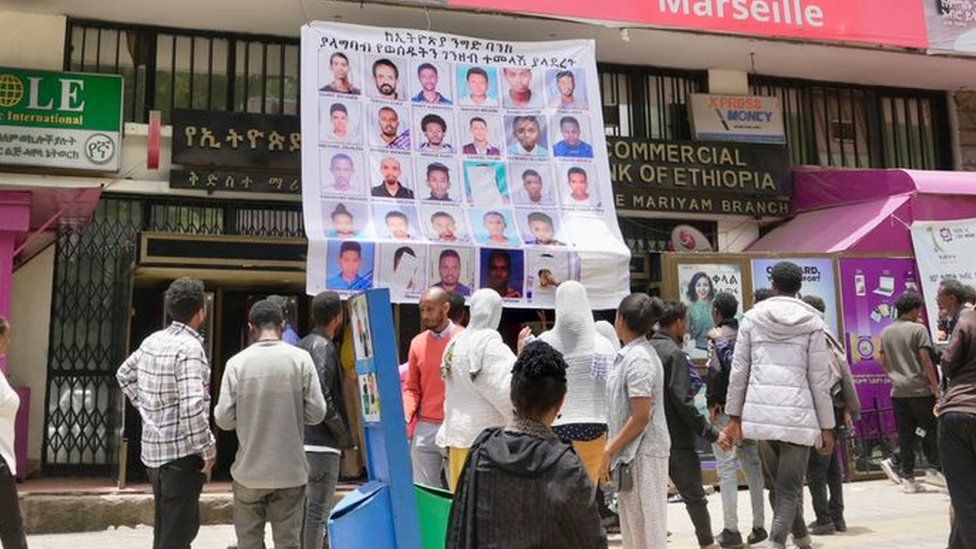Exploiters Of Ethiopian Bank Glitch Cannot Repay After Spending Spree

In the wake of the Commercial Bank of Ethiopia (CBE) grappling with a costly technical glitch, a new development has emerged: not all exploiters possess the means to repay, thrusting both the bank and its exploiters in uncertainty.
Individuals who took advantage of the system error are now facing the consequences of their actions. Reports indicate that some exploiters, predominantly university students, used the opportunity to make lavish purchases, further complicating efforts to recoup the funds. Speaking to the BBC’s Amharic service, a student from Jimma University in western Ethiopia shed light on the aftermath of the glitch, revealing, “I know someone who bought a smartphone and a laptop and has no money at hand to return.”
“There are some who bought internet packages for a year and others who paid off their debts,” the student added. This testimony exposes the various ways in which individuals utilised the erroneously obtained funds, painting a picture of the complication now faced by both the bank and the exploiters.
The CBE’s response to the crisis has been multifaceted. While most of the loot has been recovered as thousands complied with voluntary returns, posters bearing the names and images of 28 individuals allegedly withholding funds now adorn the entrance of CBE branches, a move aimed at pressuring exploiters into compliance. Yet, as the pressure mounts, reports surface indicating that some exploiters have exhausted their windfalls, leaving them unable to meet the bank’s demands for repayment.
As part of its unconventional approach to address the issue of funds allegedly withheld by customers who exploited the recent glitch, the bank has also publicly disclosed the identities of these individuals on its official website, along with their corresponding bank account numbers.
These disclosures are categorised into four lists based on the amount of money purportedly taken. The initial list released pertains to clients accused of taking sums ranging between USD 1,890.00 and USD 5,300.00, the BBC reports. Through its social media channels, the CBE conveyed its stance, expressing disappointment in individuals who have failed to return the funds and floating the involvement of police. The bank emphasised that it felt compelled to disclose the identities after issuing multiple warnings and extending deadlines for restitution.
The glitch occurred during a routine update to the bank’s systems, as confirmed by Ethiopia’s central bank last month, allowing individuals to withdraw and transfer money they didn’t have.
According to the state-owned lender’s president, Abie Sano, more than three-quarters of the lost funds, now reported to be around USD 14 M, have been reclaimed. Approximately 78 percent of the 801 million birr withdrawn or transferred during the incident on March 15th, totalling 622.9 million birr (USD 11 M), has been returned to the bank, reports Reuters.
For the CBE, the road to recovery is fraught with legal complexities and logistical hurdles. Despite assurances from the bank that customers need not fear for the security of their personal accounts, the fallout from the glitch casts a long shadow over Ethiopia’s financial landscape.
Featured Image Credits: BBC